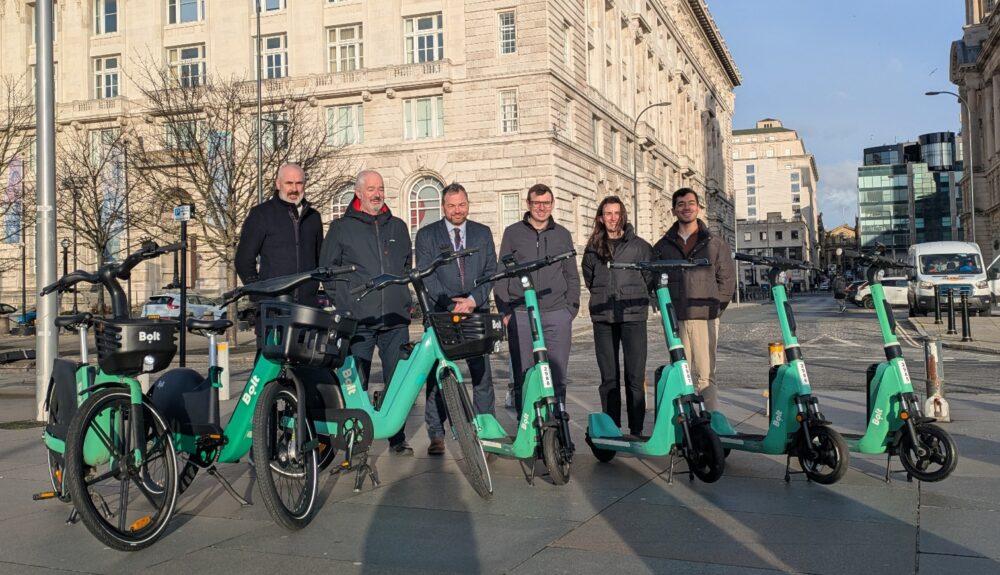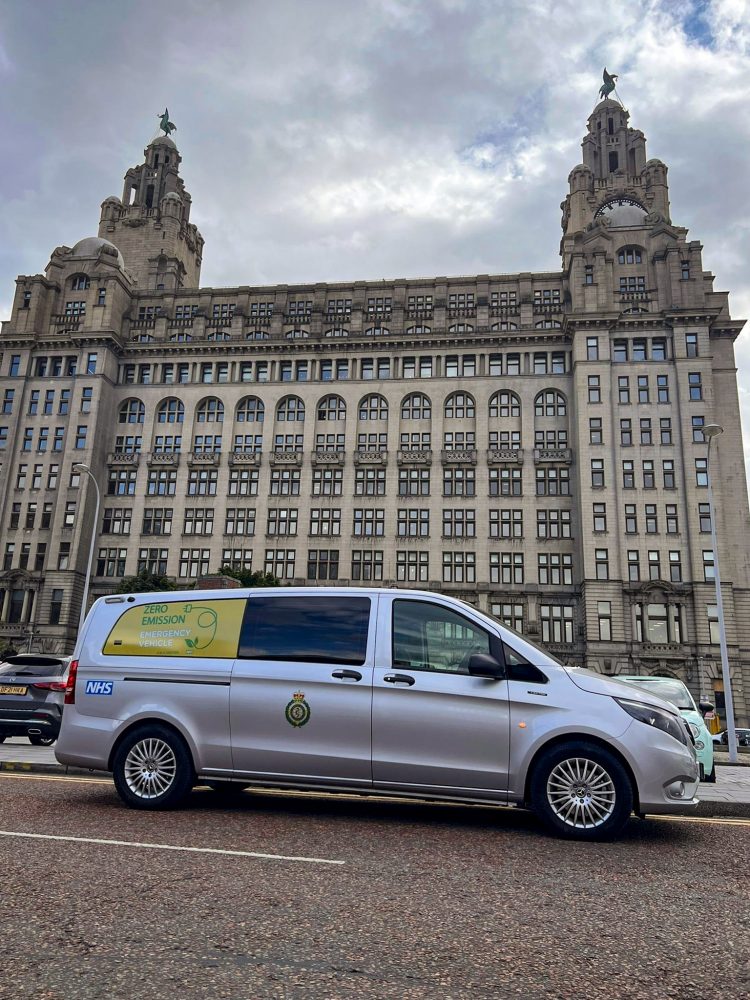
Environment
New NHS electric vehicles hit the roads across the North West to help patients and the planet
3 years ago

New NHS electric vehicles have hit the road over the last few months, helping to relieve pressure on the ambulance service and also helping the NHS cut its carbon footprint.
The North West Ambulance Service (NWAS) has three zero-emission vehicles two rapid response vehicles and 1 mental health ambulance.
The mental health ambulance is dedicated to providing mental health response in the community. Designed to cut emergency response times for people with mental health needs and help reduce demand on traditional double-crewed ambulances.
The vehicles are part of a national £2.1m investment, as the NHS becomes the first health service in the world to commit to reaching net zero by 2040, with each Trust agreeing a plan to achieve huge carbon savings in the coming years – equivalent to taking over half a million cars off the road.
The new dedicated mental health ambulance, which is already in action, differs in design from traditional ambulances – while they still carry the equipment which enables them to respond to the most serious life-threatening emergencies when required – they have fewer fluorescent markings and a much less clinical interior to help put patients at ease.
The all-electric vehicle can be deployed as a rapid response vehicle when someone is experiencing a mental health crisis, providing a safe space for healthcare workers to support patients with mental health needs.
Other vehicles in the new green fleet in the north west include two state-of-the-art DAF LF Electric 19-tonne HGV vehicles, built by Leyland Trucks, which are being used to transport essential supplies, equipment, and laundry across the four hospital sites operated by the Northern Care Alliance NHS Foundation Trust.
Dr Andrew Furber, Senior Responsible Officer, North West Greener NHS said:
“I’m delighted that we are able to support with this trial and that the three North West Ambulance Service electric vehicles are already making a difference on the streets in the north west, helping our patients while at the same time helping towards our net zero target.”
James Cook, Director for Community Care, Mental Health and Ambulance Improvement Support at NHS England said:
“These new vehicles are an important addition to our emergency fleet and will change the way we deliver care in the community – helping us see more patients whilst reducing demand on traditional double crewed ambulances. All while helping the NHS meet its broader green ambitions.”
Dr Nick Watts, Chief Sustainability Officer at NHS England said:
“We know that climate change has an impact on health, and the NHS can play its part in preventing ill-health by looking at new ways to reduce emissions.
“Each electric vehicle costs less to run and maintain, meaning these new vehicles will spend more time on the road and change the way we deliver care in the community – whilst also cutting our carbon footprint as we strive to make NHS services greener and more efficient as part of our ambition to hit net zero by 2040.”









 Subscribe
Subscribe Follow Us
Follow Us Follow Us
Follow Us Follow Us
Follow Us Follow Us
Follow Us Follow Us
Follow Us











